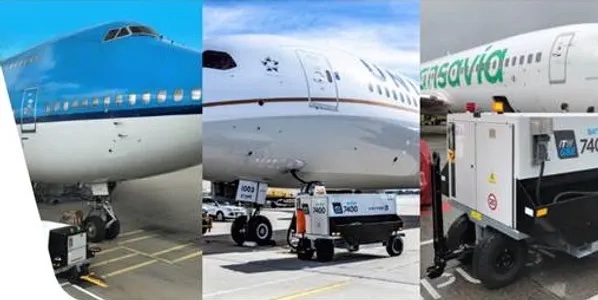
The Technology
In the year 2004, Apogee Power USA was one of the first developers of a battery management system (BMS) in Li-ion battery packs that accommodated the dual use of 3.2V and 3.6V single cell systems. Our goal was to replace all the lead-acid batteries with LiFePO4 batteries. With a single cell voltage of 3.2V, these Li-ion batteries possess the highest power density of any known secondary battery systems. Since LiFePO4 batteries are significantly more expensive than lead-acid batteries, Apogee Power launched a major program in 2006 to develop a “Hybrid Battery”.
The hybrid battery is comprised of three components: (a) a lead-acid battery supplying most of the energy; (b) a small LiFePO4 battery for pulse power applications; and (c) an extremely fast pulse power source called the UPC. More than twenty years ago, Pinnacle Research Institute developed the UPC to suppress lead corrosion in sulfuric acid. Connecting the above three components in parallel forms the hybrid battery.
By substituting a 12V50Ah hybrid battery for a similar Lead-acid battery with the same specifications in several cars for SLI (starting, lighting and ignition) applications back in 2008, the hybrid battery substantially outperforms the lead-acid battery. After seven and a half years of SLI testing in the cars, the performance of the hybrid batteries has yet to exhibit any kind of fading in power. In view of this longevity in service life and by virtue of its low cost as well as its low volumetric energy density, the hybrid battery is well positioned to be a prime candidate for the Grid Energy Storage as well as a replacement for any SLI lead-acid battery in the automobile.

Milestones
- 2007 – Apogee Power took on the challenge of designing intrinsically safe Li-ion battery packs as a power source for telecommunication in mines. After three years of development, a Li-ion battery pack was finally approved and certified by the Mine Safety and Health Administration (MSHA). Subsequently, over 6,400 units of this battery pack were deployed in mines from 2010 to 2011. The longevity of these Li-ion battery packs has now exceeded 5 years. Moreover, the MSHA certification proves that this Li-ion battery conforms to the highest levels of safety.
- 2008 – With the development of “Current Interrupter Technology,” Apogee Power passed UL1642, verifying our battery modules/packs Thermal Runaway Free.
- 2011 – One of our French clients, Telma, required that a 24V50Ah LiFePO4 battery sustain short circuit conditions in order to prevent the dangerous “Thermal Runaway” situation from occurring. We had already developed a LiFePO4 battery for them to use in the SLI applications in buses. To completely eliminate the possibility of “Thermal Runaway,” we only needed to incorporate the UPC and certain other electronic components. In reality, all of our Li-ion battery packs must pass repeated short circuit tests to be cleared for shipment. We can confidently state that our Li-ion battery packs are some of the safest on the market.
- 2015 – After almost ten years of pursuit of manufacturing technology development, Apogee Power, Inc. succeeds in mass production of the UPC
- 2019 – Apogee Power passed UL1973 and IP67 certification testing. UL1973 verified Apogee Power battery pack/modules are Thermal Runaway Free according to the latest standards of Li-ion battery safety. IP67 certification verifies that our battery packs/modules can be up to a meter in water for up to 30 minutes. This certifies that our batteries can be placed indoors and near water pipes and sprinkler systems, increasing the usability and safety of our products.

At Your Service
Over the years, Apogee Power, Inc. has developed an extensive product line of batteries for many clients. Detailed information about our line of products is available on our website at www.apogeepower-usa.com. Contact us directly for a customized solution. We look forward to hearing from you.
